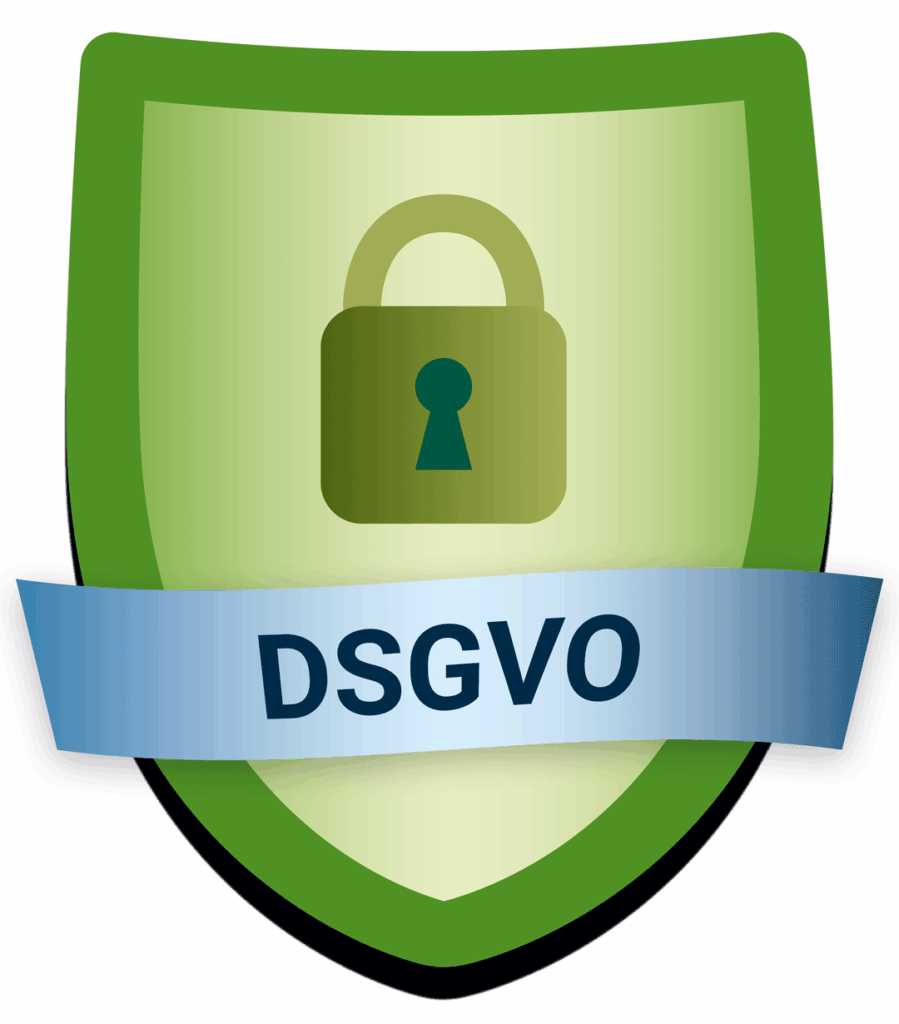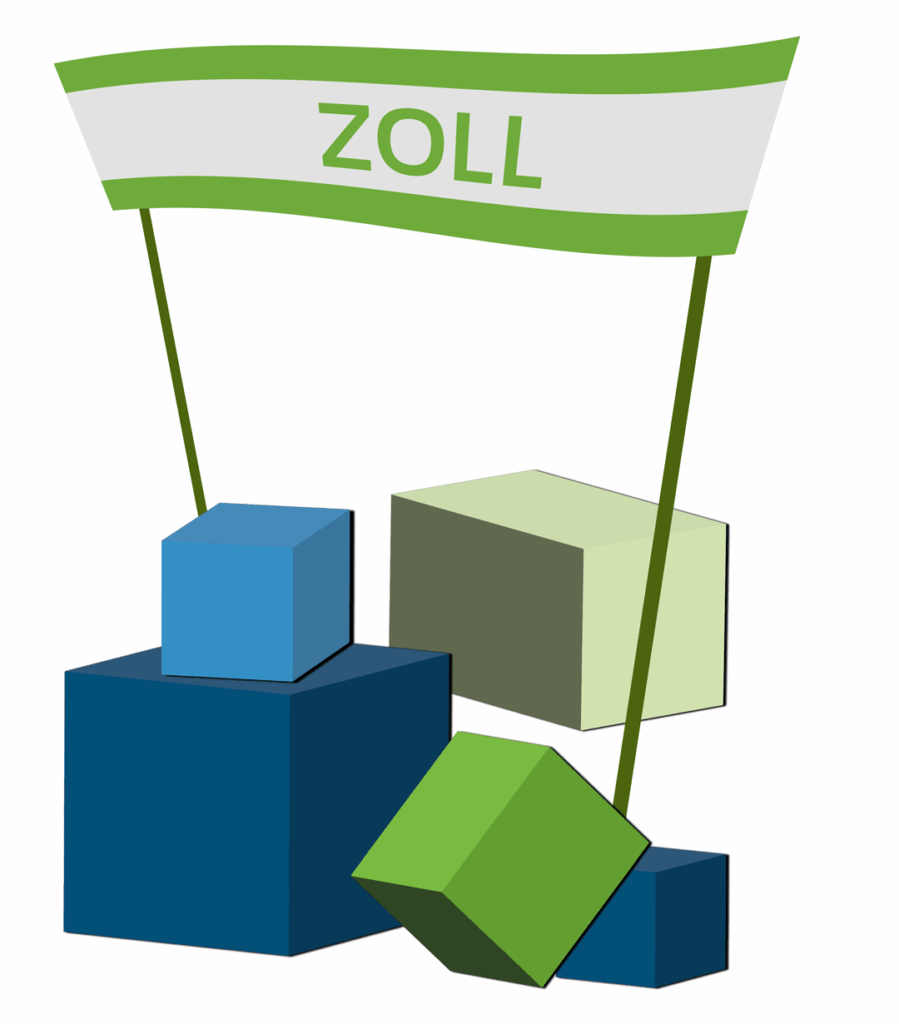The global software market is not dominated by Germany, France or England; most software giants have their origins in the USA. There are even regions that are known primarily for the sheer number of software companies located there, such as Silicon Valley. Software originating in America is ubiquitous and generally has a reputation for being particularly innovative, but is that really the case? Should you choose an ERP system originating in the USA, such as Oracle, for your company? What are the advantages and disadvantages of software from the USA compared to software from Germany, for example? How does the current political situation influence the software landscape? In the following blog post, we would like to answer precisely these questions!
Advantages of software from the USA
The first advantage has long been no secret to many people. Many innovations in the field of technology, whether hardware or software, often come from the USA. America has many urban centres where technology giants are concentrated, such as Silicon Valley. There are many reasons for this, not least the existing clusters of expertise and the more abundant venture capital. In addition, the more advanced network expansion and digitalisation advantage, especially in comparison to Germany, certainly also play a role. It is therefore no surprise that technology giants such as Microsoft and Apple are based in the USA. One of the best-known ERP systems, Oracle, also comes from the USA. Due to greater software subsidies in the USA, the programmes can often be offered at a lower cost than those from Germany, for example.
In the USA, user-friendliness is a top priority, and this also applies to software. It is therefore common in the USA to place great value on customer satisfaction. Software from America is often easy to use and understand. In some cases, it can even be observed that functionality suffers due to the desire for high user-friendliness.
Disadvantages of software from the USA
Data protection
However, software originating in the USA also has disadvantages for users in the EU, such as data protection. In the EU, the GDPR applies, which strictly regulates how user data may be handled. For example, companies cannot simply collect, store or even sell data without the consent of the user. User data is therefore well protected and secured in the EU. Fundamentally, companies from the US that collect and process data in the EU must also comply with the GDPR. However, US data protection laws are largely much more lenient than the GDPR itself.
As a result, many software manufacturers have to make changes to the data protection guidelines of their software for the EU. Despite the fines of 10 to 20 million euros that American companies face if they violate the GDPR, many violations occur. One reason for this is that the Cloud Act, the US data protection agreement, allows American authorities to access data from users in the EU if the software provider or parent company is based in the US. Although there is a US equivalent to the GDPR, the CCPA (California Consumer Privacy Act), as the name suggests, it only applies to companies that collect data from California residents. In contrast, the European Court of Justice has repeatedly ruled that the quality of data protection in the US is lower than in the EU.

The GDPR presents a hurdle for companies from the US. In order to comply with it, they often have to incur additional costs and change the data collection of their software. There are different ways in which American companies deal with the problem without complying with the GDPR. For example, they try to ignore the GDPR by entering into special contracts and continue to comply with the Cloud Act without having to pay a penalty. The GDPR states that users must expressly agree that their data may be transferred abroad. The Cloud Act, on the other hand, allows data to be collected without express consent. Users from the EU can therefore assume that their data will only be collected with their consent, even though the software originates from the US and does not comply with the GDPR. Users should have to explicitly consent to the collection of data and thus gain control over the use of their own data. However, if providers from the US do not comply with the GDPR, user data can be collected without their knowledge or consent.
Problem of dependency
In addition to data protection, the use of software from the USA also raises the issue of dependency. When companies use software from the USA to organise all their business processes, problems can arise more quickly than one might think. For example, the EU could ban the use of certain software from the USA. If that happens, the entire operation can be paralysed. If the US company does not comply with the GDPR, for example, not only will the company’s data be unintentionally passed on to the US authorities, but customer data will also be forwarded.

US customs duties
A very topical issue, due to the political situation in the US, is that of customs duties. Since Donald Trump became US President again, there have been significant changes in the economic situation in the US. The new customs policy of US President Trump has probably had the greatest effect on the economy. After taking office, he raised customs duties significantly, triggering a chain reaction. The high customs duties have led to an increase in the prices of products and shares. As of 7 May 2025, several parties, including the EU and China, have negotiated a 90-day pause in the high tariffs with the US. While the EU hopes to reach a deal with the US on the tariff dispute, Trump is already planning to increase tariffs on China by 145 per cent. The tariff dispute continues in general and mainly affects products such as electricity, steel and aluminium. However, individual products have already been excluded from the additional tariffs by the EU through negotiations.
The consequence of the increased tariffs is that companies are distancing themselves from the US as a location and are orienting themselves more towards Europe, for example, where something like the extreme tariff increase is simply not possible. The cost of products may also rise, even if they are not directly affected. For example, software is directly affected if it is delivered on a CD or USB stick. If the product can be downloaded online or used from a browser, it is not affected by the tariff increase. Nevertheless, the product price may rise if, for example, a piece of hardware in the production chain is affected or supply chains are disrupted by the new, increased tariffs. In Germany, for example, this could mean that companies can no longer afford their existing software solutions and have to switch to cheaper programmes that may no longer meet the same security standards.
Another side effect of the increased tariffs is the increased risk to user data and cyber security. The heightened trade tensions between nations can be a fertile breeding ground for an increased number of cyber attacks. Governments are currently more preoccupied with economic difficulties and could therefore overlook warning signs of a cyber attack. Digitalisation and innovation may also slow down as a result of the tariffs, as these areas are primarily driven by investors. However, if investors are currently worried about their assets due to the economic situation, there will be less investment.
Conclusion
Recently, in particular, the political situation has added many factors to consider when choosing software, including not only functionality but also other risks. Admittedly, it is difficult nowadays to build a company organisation completely without software from the USA, as Microsoft Office or Teams, for example, are part of the basic equipment in the corporate landscape. Nevertheless, one should also be aware of the risks associated with rising tariffs and data protection gaps. If you would like to use alternatives for your company, there are also many providers in the UK that offer a wide range of functions and optimised software solutions for a variety of different industries. This includes projectfacts! If you would like to find out whether projectfacts is right for your company, we would be happy to advise you here!
